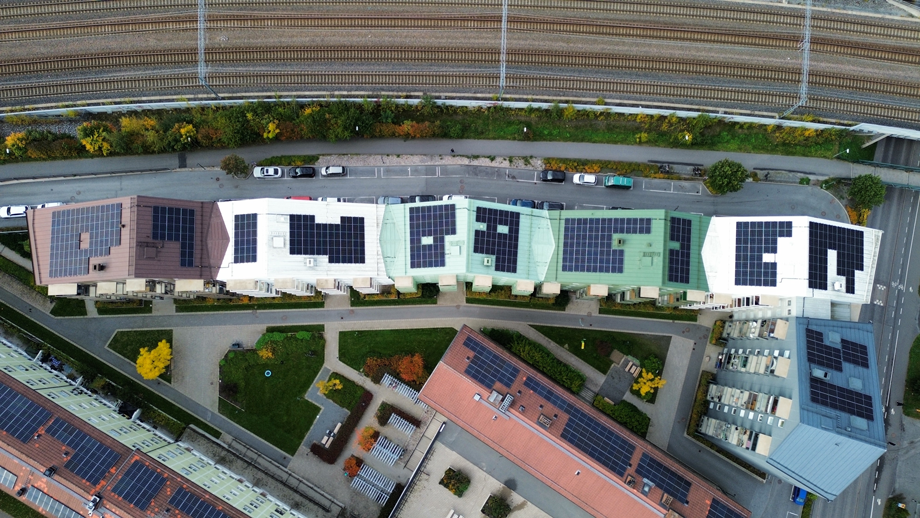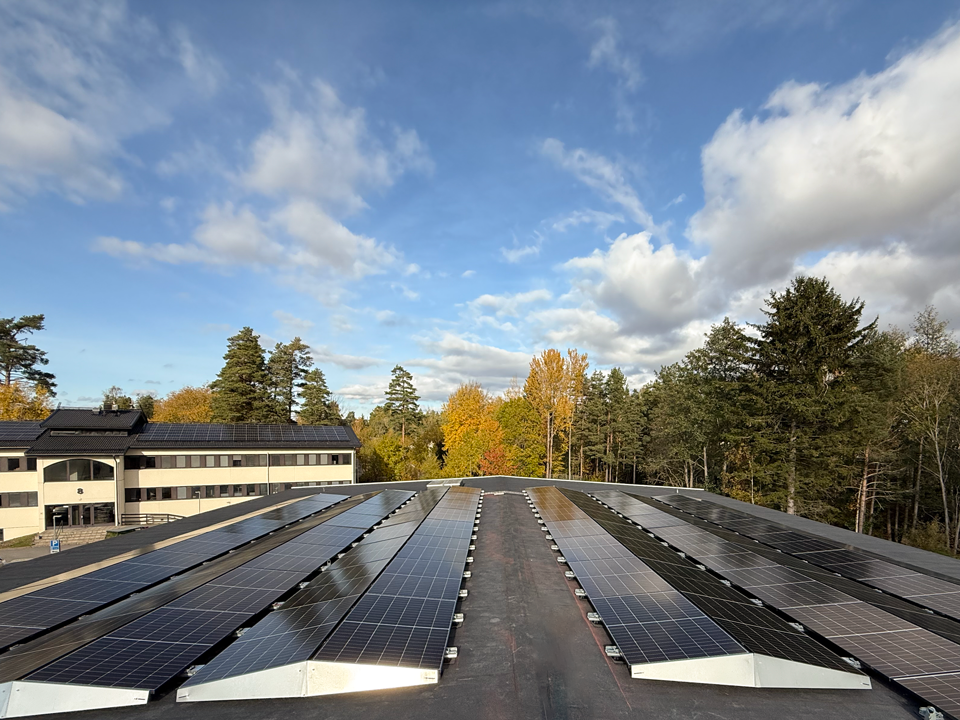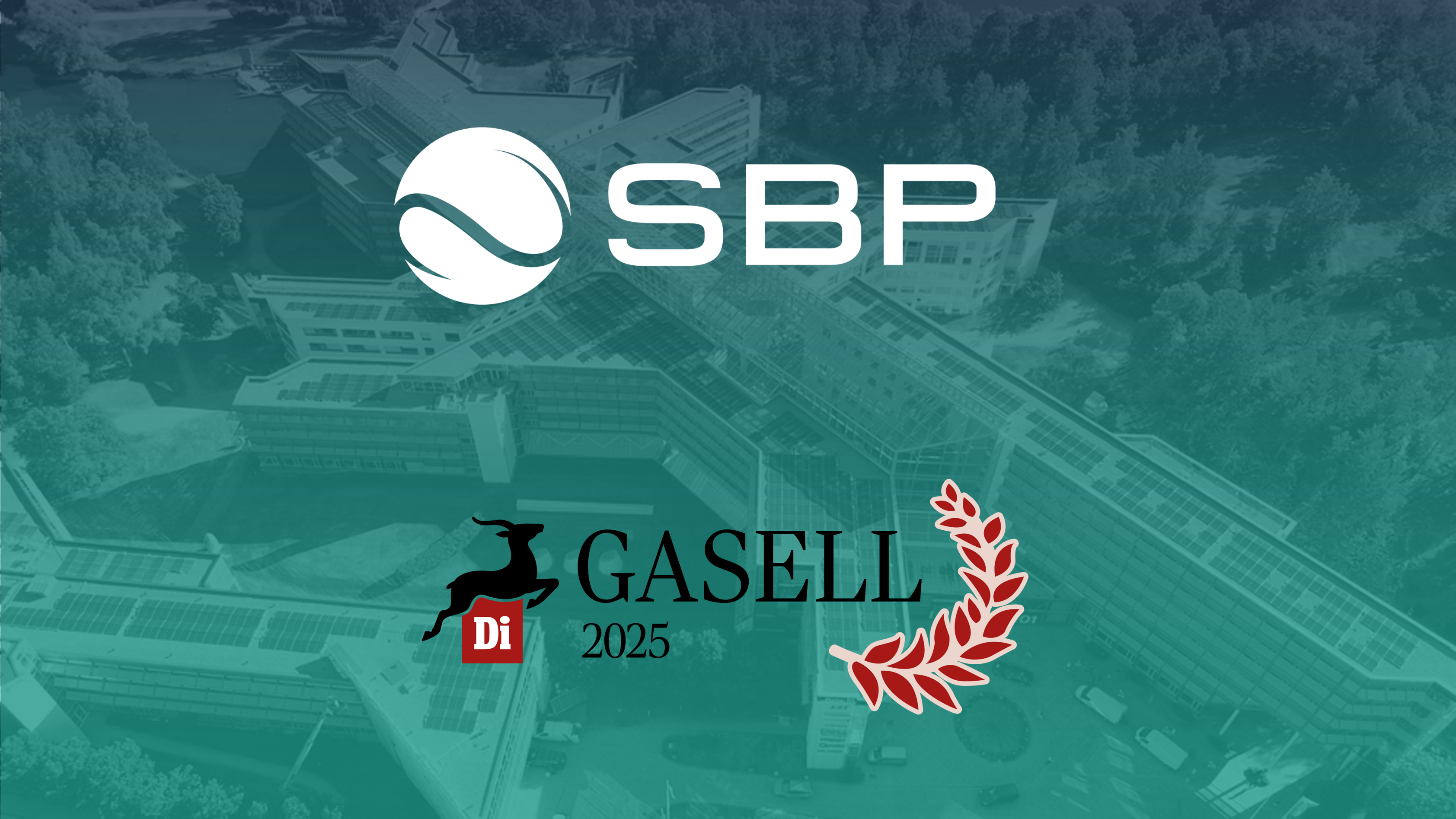On January 1, 2022, the EU taxonomy officially came into force, and its purpose is to define what is sustainable and what requirements are set for properties to achieve a sustainable status. In short, it is a classification system that makes it easier for decision-makers to identify green investments according to clear regulations.
The Swedish real estate industry has now reached an agreement in a protracted issue of how energy performance should be calculated according to the EU taxonomy. With the help of a consultant, the industry organization Fastighetsägarna has made calculations based on current energy declarations and thus developed a limit value.
Buildings that are classified as sustainable in the taxonomy must belong to the best 15 percent of the national stock expressed as primary energy number. This is stated in an article in Aktuell Hållbarhet. This now means that investors and property owners can compare energy performance and get clear directives on how Swedish properties can be valued from a sustainable perspective.
Shall encourage green investments
– Now, investors and property owners can compare the energy performance of buildings. If the buildings belong to the top 15, they can be financed with green financing according to the EU taxonomy, says Rikard Silverfur, head of development and sustainability at Fastighetsägarna Sverige, according to Fastighetsnytt.
The taxonomy is part of the EU's investment in green investments and an important part of the ambition to achieve the Union's climate goals. It will encourage companies to invest in sustainability according to certain criteria and create common definitions of what is sustainable.
Read more about our own explanation of the taxonomy based on SBP's operational framework here.
Curious about the conditions for solar panels on your own property? You can find out here!





